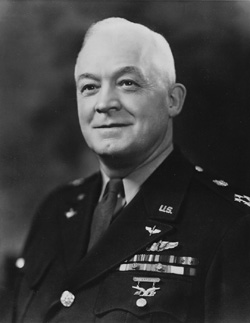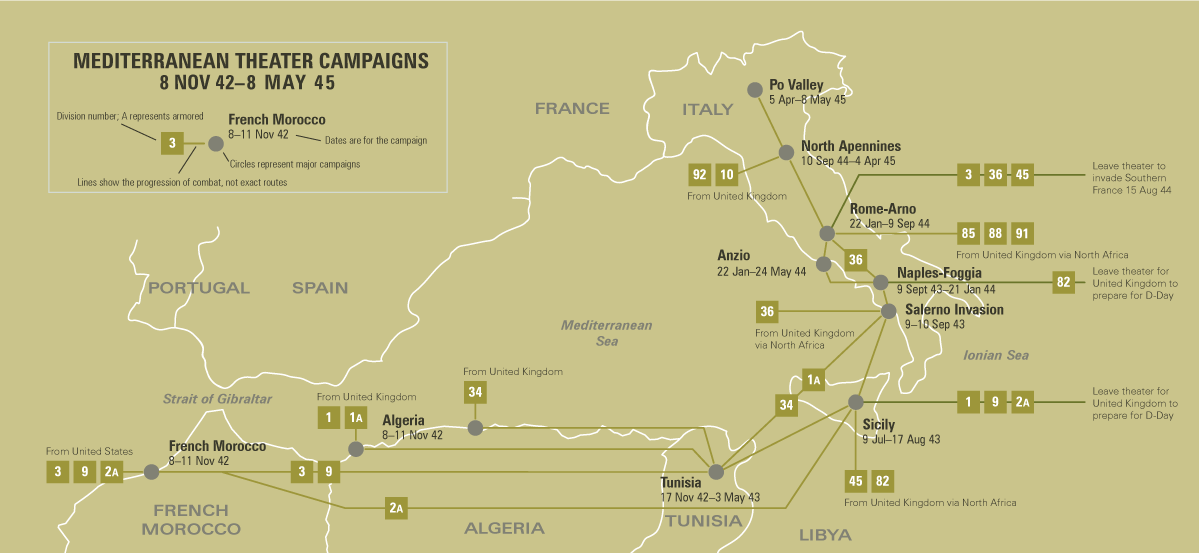Another key and major factor/component here that many either don't know of or are overlooking;
...
EXCERPT:
Operation Bolero was the commonly used reference for the code name of the United States military troop buildup in the
United Kingdom during
World War II in preparation for the initial cross-channel invasion plan known as
Operation Roundup, to be implemented in mid-1943, or for its lesser contingency alternative,
Operation Sledgehammer, to be executed in the fall of 1942 in the event of German setbacks or to ease
Axis pressure on the
Eastern Front. ("Bolero" was the code name used in official communications to stand in for "United Kingdom" when describing the theater or movements.) What later became the Bolero plan – the buildup of a strategic air force in Great Britain in preparation for Roundup – was first submitted by
Commanding General of the
U.S. Army Air Forces,
Henry H. Arnold, to
General George Marshall, the
U.S. Army Chief of Staff, on April 12, 1942, and set in motion a huge movement of men and material that laid the groundwork for
Operation Overlord.
To complement the Roundup invasion plan, planning for the movement and basing of U.S. forces in the United Kingdom was begun at the end of April 1942 and given the code name of Bolero. A combined committee of key British and American logistical officers worked in both
Washington, D.C. and
London planning the build-up, to co-ordinate the effort on the highest level. On 5 May 1942, Gen.
George Marshall and Commanding General,
Services of Supply, Lt. Gen.
Brehon B. Somervell named Major General
John C. H. Lee as Commanding General, Services of Supply, U.S. Army Forces, British Isles. Lee would spend two weeks in Washington on initial planning and key staff, and then fly to England to build the operation, and begin work on the hundreds of bases, airfields, warehouses, depots, hospitals, and storage tanks that would support the 3 million U.S. military personnel eventually coming overseas.
In May 1942, with a tentative target date for Roundup of April 1943, the Operations Division of the
War Department and USAAF Headquarters drafted plans to transport and house a million American troops: 525,000 ground troops, 240,000 air force troops, and 235,000 from Services of Supply. Arnold's plan to Marshall called for the basing by April 1, 1943, of 21 heavy
bomb groups (
B-17 and
B-24), 8 medium bomb groups (
B-26 and
B-25), 9 light bomb groups (
A-20), 17 fighter groups (
P-38,
P-39,
P-40, and
P-47), 6 observation groups, and 8 transport groups—a total of 69 combat groups plus their service units.
General Arnold met with
RAF Air Chief Marshal Charles Portal at the end of May 1942 and presented the U.S. schedule for the arrival of U.S. Army Air Forces into the theater by March 1943, totalling 3,649 aircraft. The proposed build-up anticipated 15 groups in July, 35 by November and 66 by March, excluding observation squadrons. Arnold anticipated that by the April 1 deadline, the combat units of the
Eighth Air Force would have 800 heavy bombers, 600 medium bombers, 342 light bombers, and 960 fighters. (At the time the actual strength of the Eighth in the United Kingdom was 1,871 troops and no aircraft).
...

en.wikipedia.org
~~~~~~~~~~~~
Note the very early focus on invasion through west or north France and rather impractical hubris of how soon such could happen.







